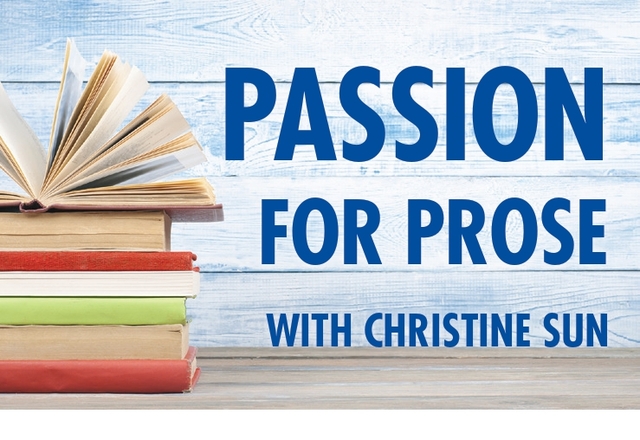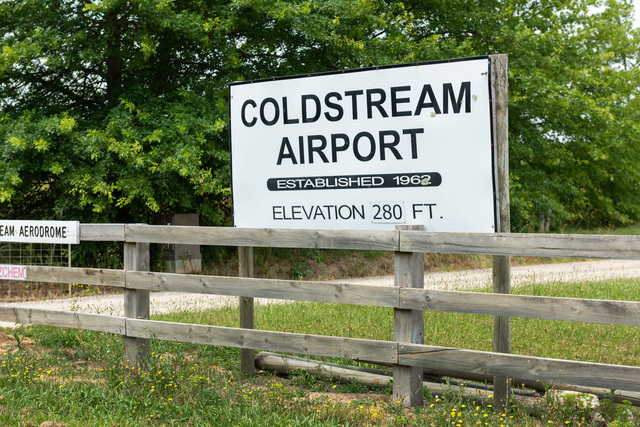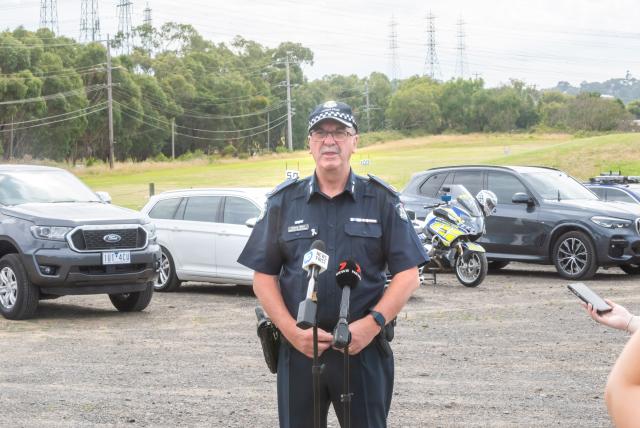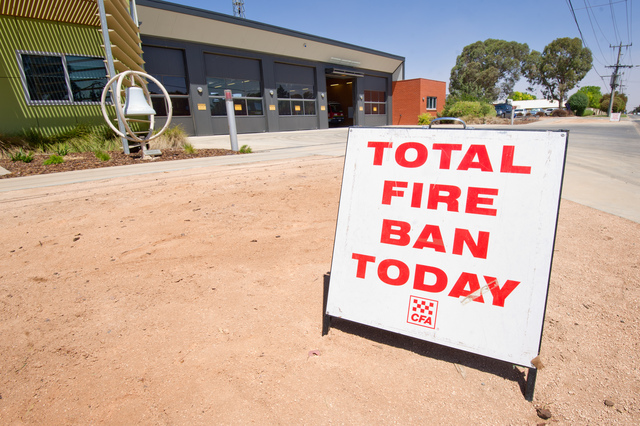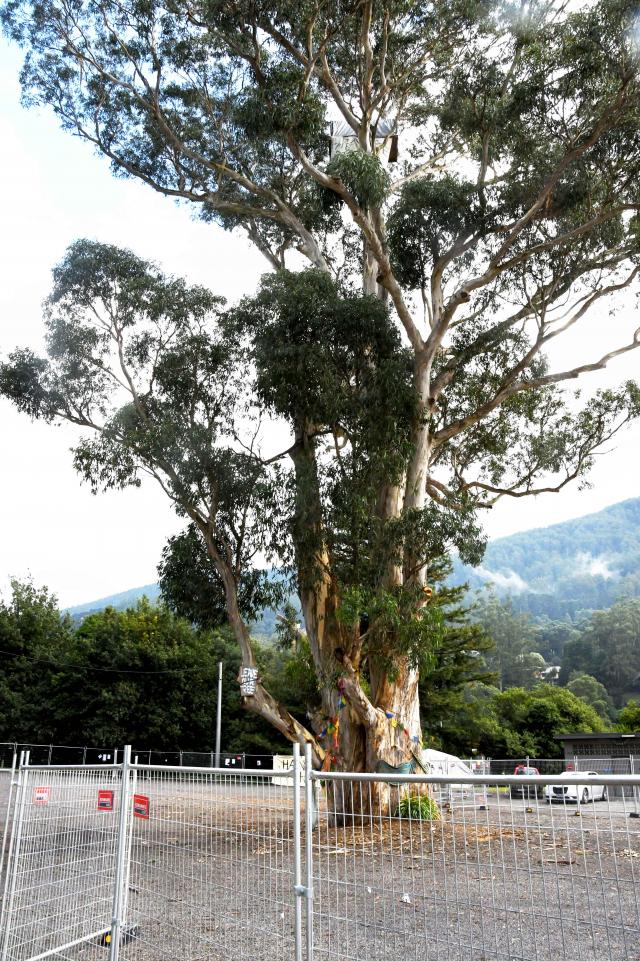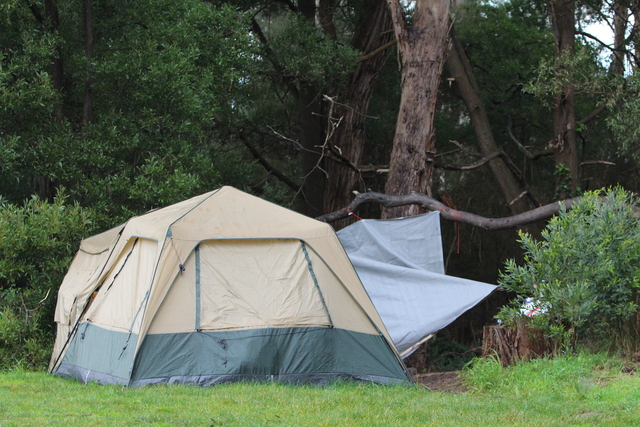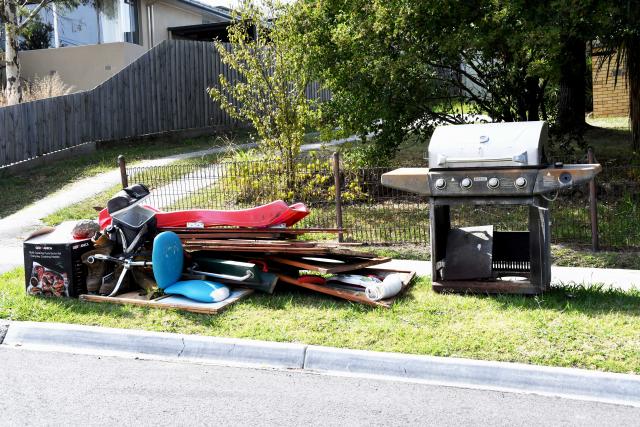Yarra Ranges councillors discussed the guidelines for the 2026 Annual Grant, which will be open for application on 2 June, closing mid-July.
Each year, Yarra Ranges Council (YRC) offers an Annual Grants program to not-for-profit community groups and artists.
These grants provide funds for community-led projects which build stronger communities.
The council meeting report recommended minor changes to the Monthly Grants, consolidating two separate budgets into one program that supports vibrant and connected communities, with grants for not-for-profit traders incorporated into that program.
The report sought YRC’s endorsement of the 2026 Annual Grant Guide, and the draft budget allocation in the 2025-26 financial year of $575,000 for the Annual Grants and $150,000 for the Monthly Grant program.
Wendy Wright was a registered speaker in objection to the recommended guidelines.
Ms Wright said the grant guidelines should be updated to cover certain topics in more detail for community trust, given its significance as an investment of ratepayers’ money.
“There are a number of topics I feel need to be covered better, or at least covered in the guide that don’t seem to be covered,” she said.
“Some of those things are, ‘Are grant applications and acquittal reports available to the public?’, and ‘If so, where are they published?’, ‘Are the funds that grant recipients receive provided up front or on a reimbursement basis, or is it different on a case-by-case basis?’, ‘What are the acquittal requirements in terms of timing and content?’, ‘What are the obligations on grant recipients who fail to provide an acquittal in the required timeframe?’, and ‘What are the implications if a grant recipient fails to implement their proposal, either by perhaps advising council that they are no longer proceeding, or just simply by omission of not proceeding, and are the funds returned to the program and the new recipient identified?’”
Cr Fiona McAllister said having them in the guide is a good suggestion from a transparency and reassurance perspective.
“We do get groups that can’t deliver or all of those scenarios, I’ve probably heard stories from communities,” she said
Cr Mitch Mazzarella also agreed with Ms Wright.
“I do agree with what Ms Wright has said in regards to having these important points about what happens if a community group doesn’t do this and have that in the guide,” he said.
“I think that’s the important thing that probably needs to be put into the document,” he said.
Despite feeling the need for clear indications for the points that Ms Wright raised, councillors passed the motion unanimously.
Cr Peter Mcilwain moved the motion as recommended in the council meeting report.
He said, as a practising artist, he’s received a number of grants from the council, and he’s witnessed, first-hand, the benefits that the grants bring to the community.
“The economic impact that we get from these grants far outweighs the expenditure by many factors,” he said.
“We are from a relatively small expenditure, we’re able to mobilise a very large part of the population to achieve all kinds of outcomes, not just artistic but social engagement.
“We are able to achieve many more times what we spend, so I thoroughly support the motion.”
Seconder Cr McAllister said she was pleased to see a 15 per cent increase in the grant bucket.
“I think all of us know of community groups that have done pretty phenomenal things with incredibly small amounts of money, and it can support groups to stay viable although these grants are typically for a specific project,” she said.
“As a direct example, we have a trader group now in Healesville, which we were really able to hit the ground running. And I think they’ve just signed up their 100th trader member.
“So again, a really practical example of not huge amounts of money, less than $10,000 that actually just generates such incredible community activity.
“I will continue to keep pushing for us to put more money in our grants budget, because I do think we get a huge return on investment for the community in often simple and very surprising ways.”
Closing the motion, Cr Mcilwain advised to put all the relevant information in the grant guideline document.
“When you receive a grant, there is an extensive agreement document that grantees go through, and I just would like to counsel that putting all of that information in a grant document,” he said.
“The grant guideline document is somewhat onerous, and I’m not entirely sure how we can do that practically, because there are many different streams of grant funding, and to be able to put those requirements in any meaningful way is not a simple task.
“So I think that it is useful to have indications as to the responsibilities of the grantees, and I’m certainly happy to support putting that into the guidelines, but I think a more wide-ranging explanation of that needs to be at the grant agreement level.”


